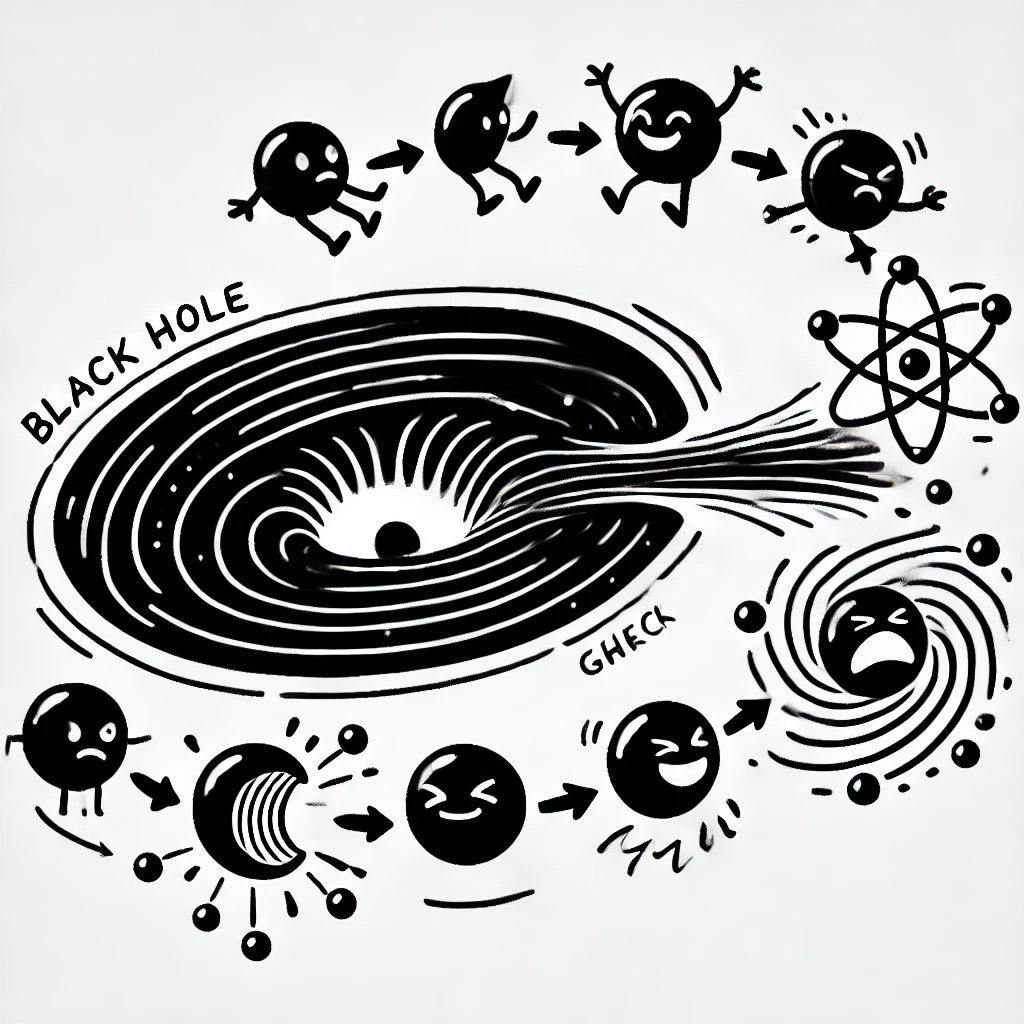Quantum physics is seriously mind-blowing. It explains pretty much everything happening around us. Want to know how atoms work? Why light can be both a wave and a particle at the same time? Or how a cat in a box can somehow be both alive and dead? Yep, that’s all quantum mechanics, no doubt about it.
But here’s the weird part: there’s one thing that totally breaks quantum physics. Gravity. Yep, the same force that keeps us from floating off into space and makes apples fall to the ground. Why? Because gravity is a whole different ballgame—it runs on Einstein’s general theory of relativity. And relativity? It doesn’t play well with quantum rules.
Take black holes, for example. On one hand, quantum mechanics says you can calculate everything in the universe down to the tiniest particle. On the other hand, black holes have something called an “event horizon” — a boundary where everything, even light, gets sucked in and disappears. So here’s the kicker: where does the information about what gets sucked in go? Quantum mechanics insists that information can’t just vanish, while gravity shrugs and says, “Gone. Poof. Deal with it.”
What you end up with is a showdown between two theories that each work flawlessly on their own but refuse to get along together. Scientists have been scratching their heads over this for decades, trying to bridge the gap. Maybe, one day, we’ll have a “theory of everything” that explains both quantum effects and gravity. But for now, we’re stuck with two brilliant, yet totally incompatible rulebooks. Crazy, right?





0 Comments
Thank you !